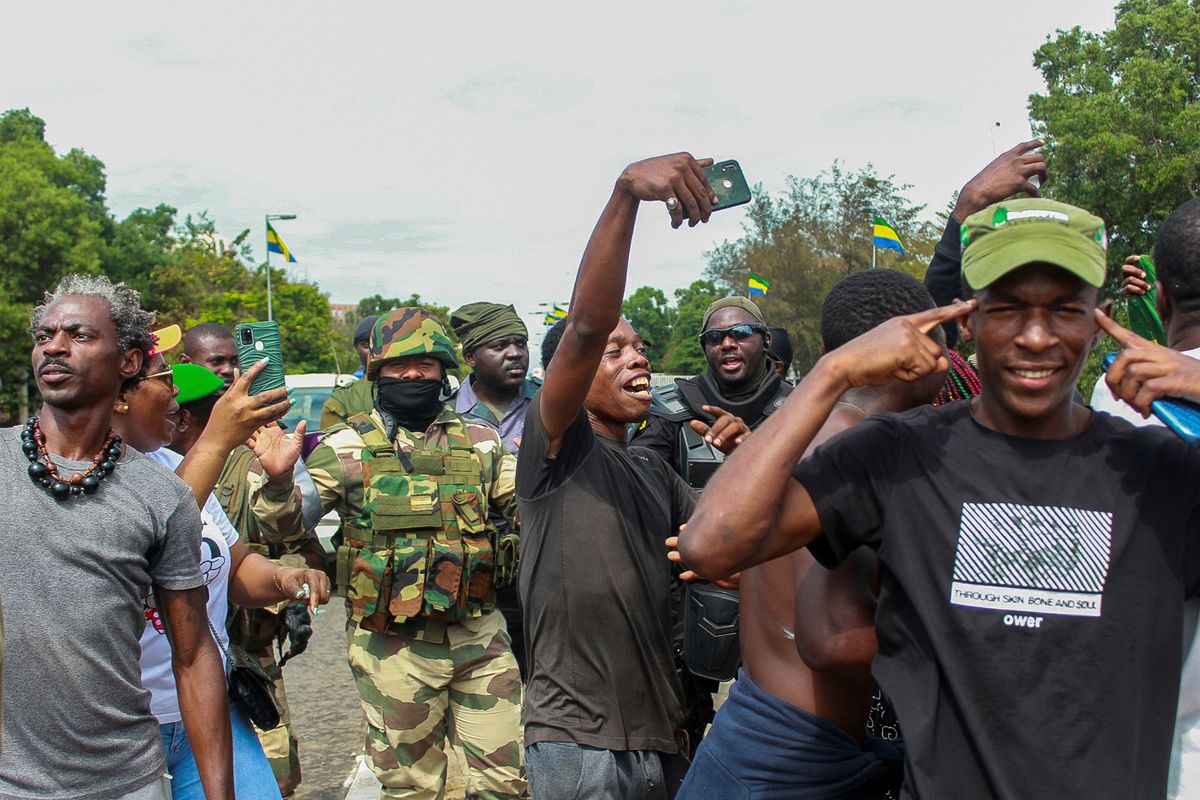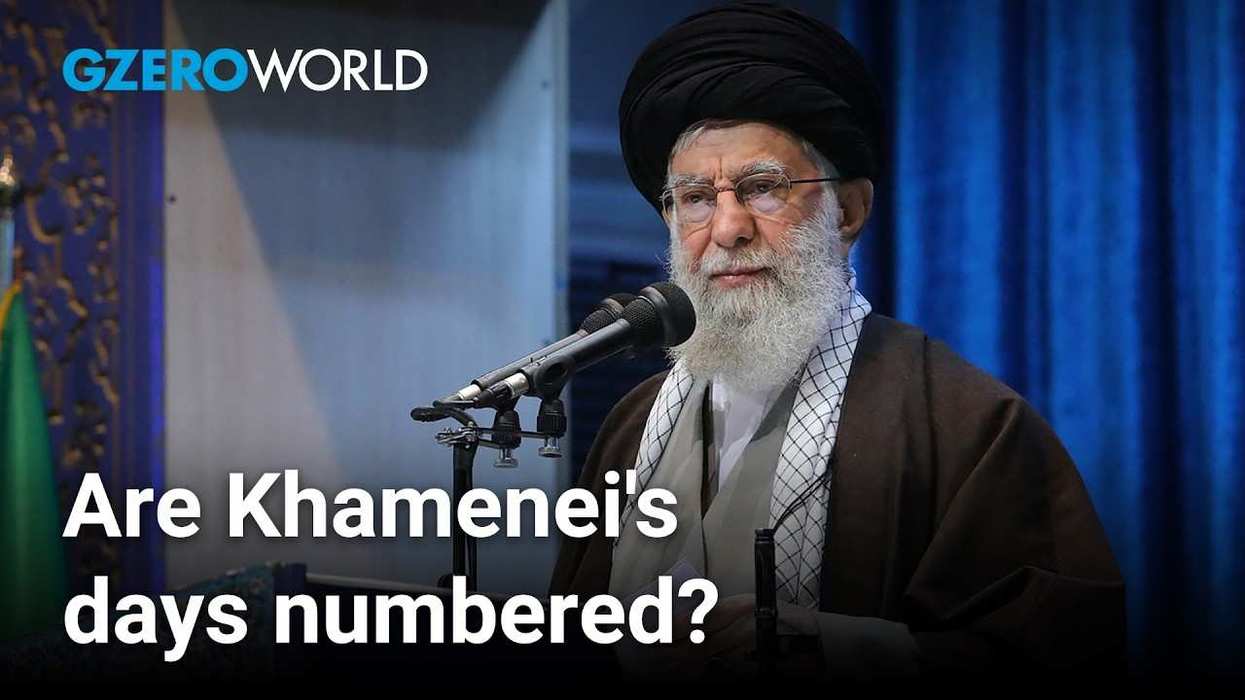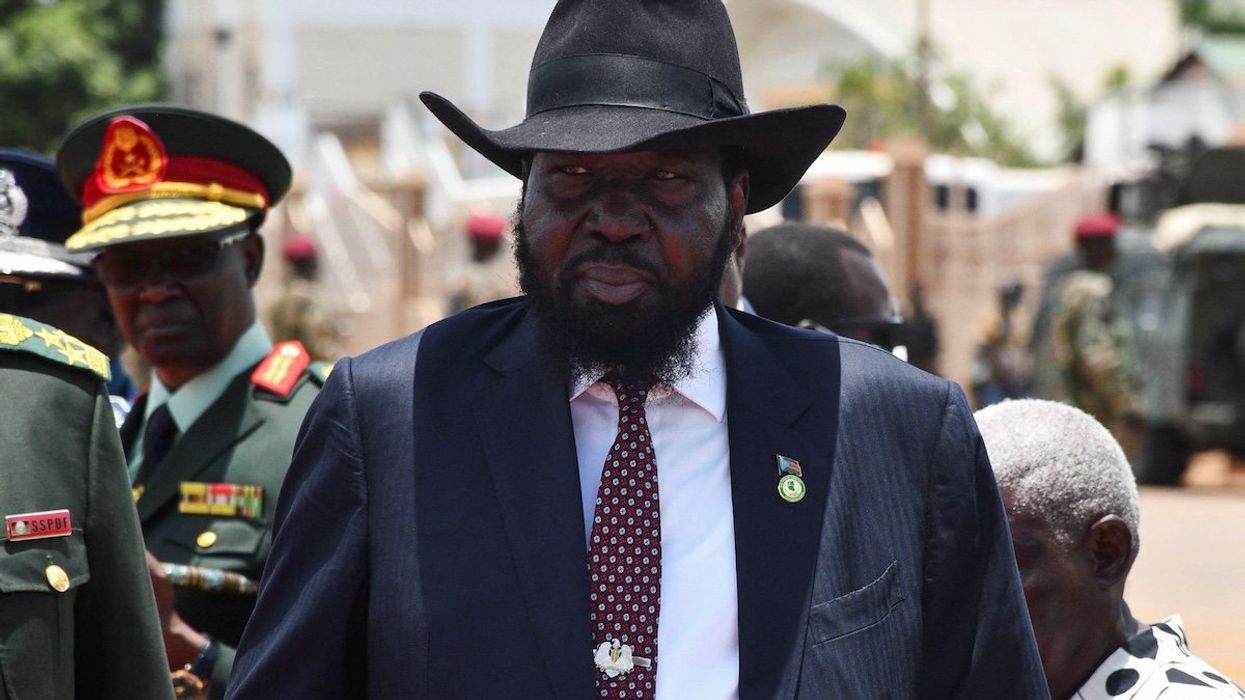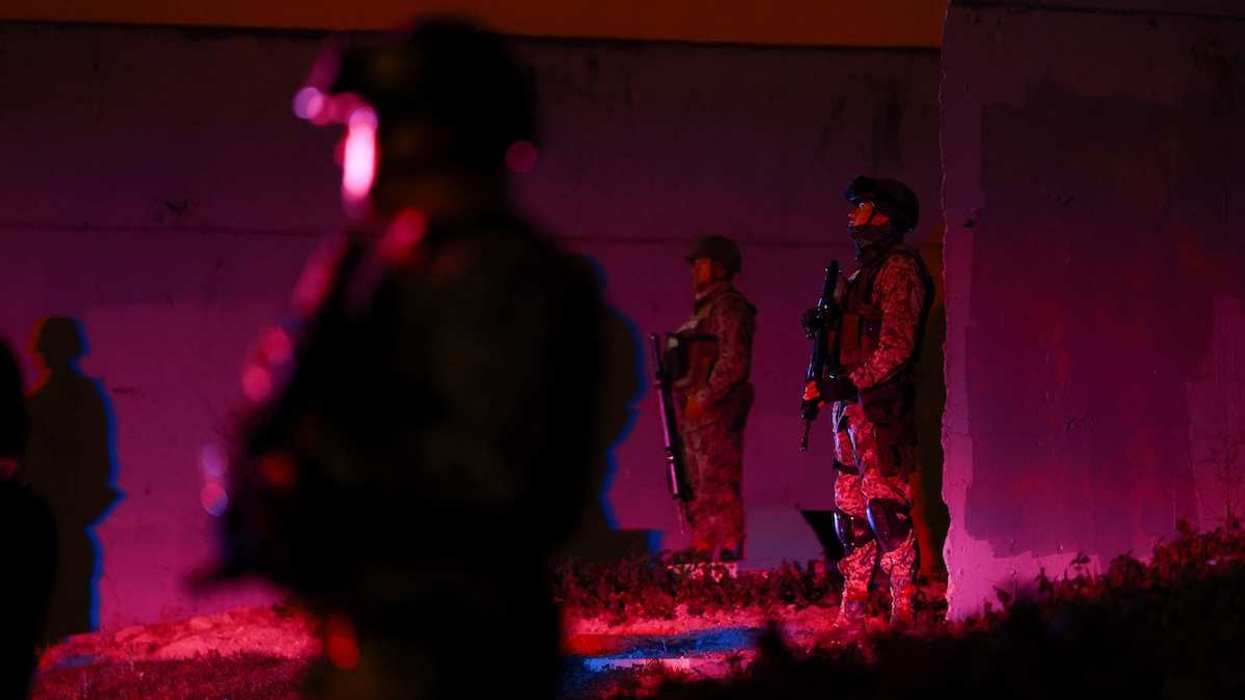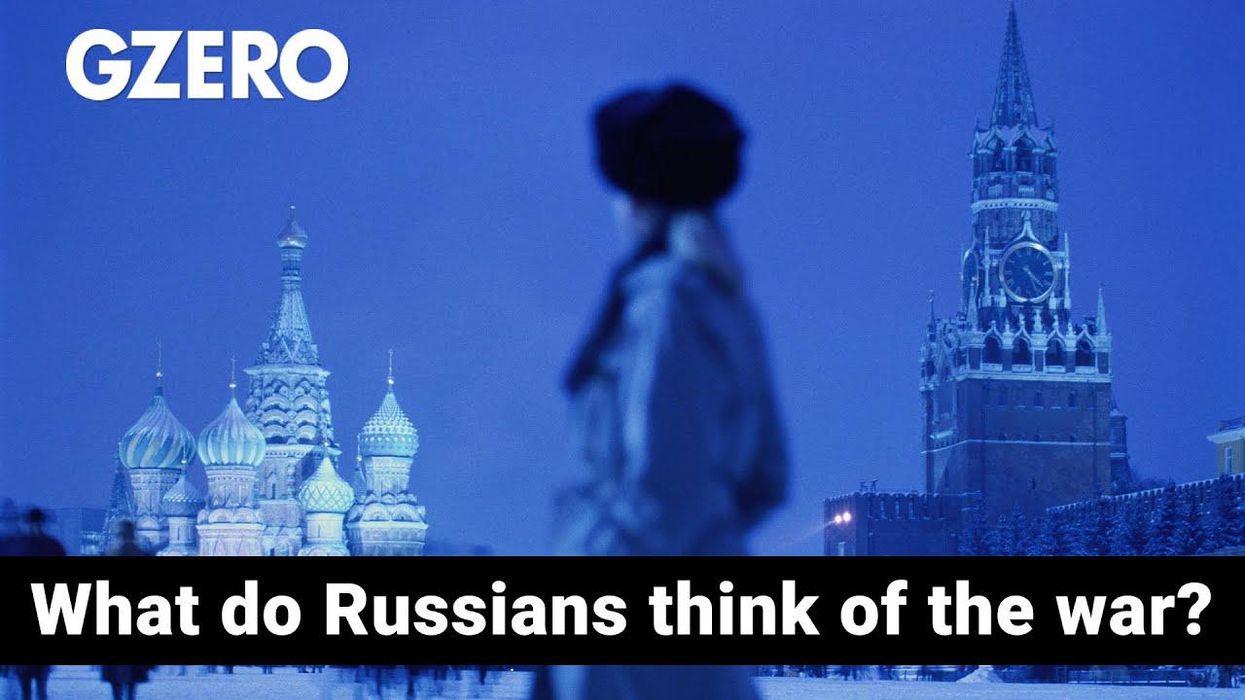Just hours after being declared the winner of a fraught presidential election that the opposition says was plagued by irregularities, Ali Bongo Ondimba, the president of the central African state of Gabon, was ousted in a military coup – the seventh on the African continent in just two years.
Gen. Brice Clotaire Oligui Nguema, Bongo’s cousin who’s closely linked to the ruling regime, says he is now the president of a transitional government.
Some key background. Bongo, 64, came to power in 2009 after the death of his father, Omar Bongo Ondimba, who ruled the country for more than four decades. The dynasty has been accused of corruption and self-enrichment while many Gabonese are impoverished, with unemployment hovering at nearly 22%.
The oil-rich country is a member of OPEC, the cartel of oil-producing nations, but profits are overwhelmingly reaped by the elite. (Nine members of the Bongo family are currently under investigation in France for embezzlement or corruption.)
Holed up in his residence, Bongo was filmed on Wednesday asking for help, and UN Secretary-General Antonio Guterres called for the restoration of the constitutional order, while the African Union also condemned the coup.
African leaders are indeed worried. This comes just weeks after a coup in the West African state of Niger that’s threatened to further destabilize the entire continent (more on that here). And some analysts say that failure to hold those junta leaders accountable has sent a powerful message to wannabe putschists throughout the continent.